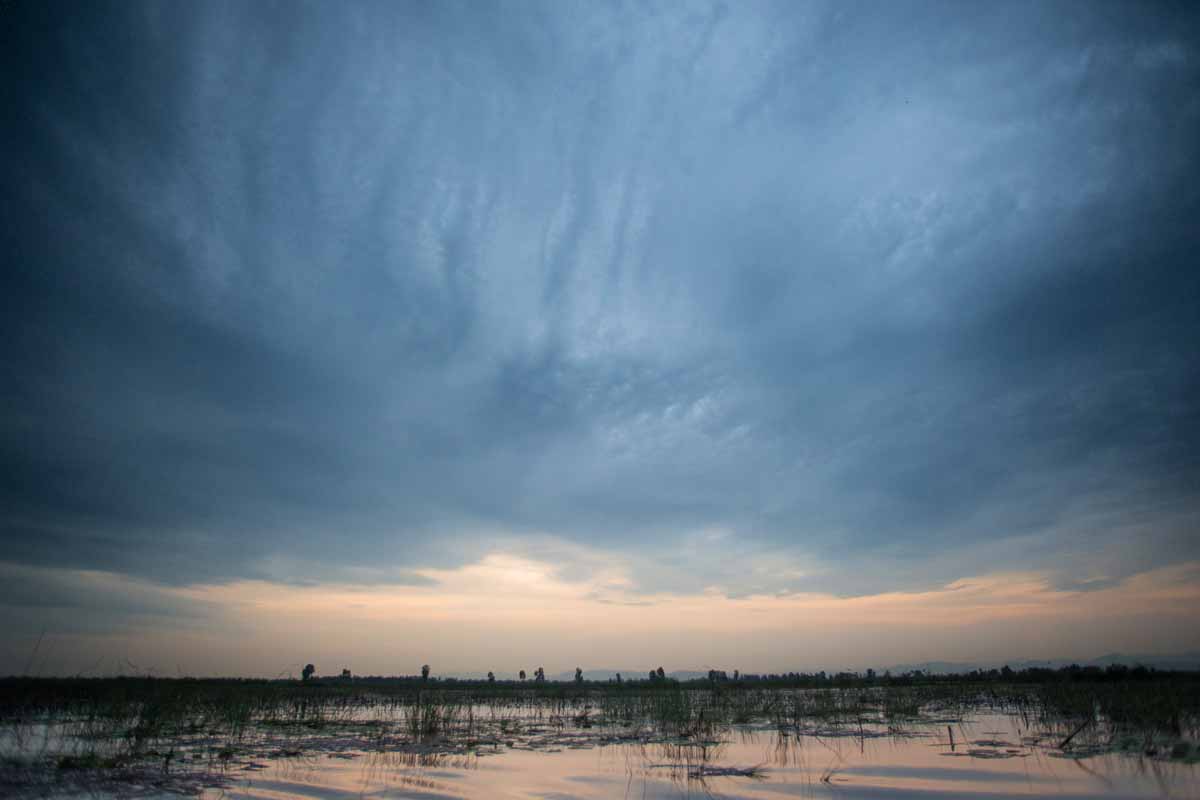The burnt bones of a community activist who disappeared in Thailand more than five years ago were found under water in a national park, investigators said Tuesday, confirming his death for the first time.
Rights groups say 30 human rights activists have disappeared or been murdered in Thailand since 2001, and the country is considered one of the deadliest in Asia for environmental defenders.
Known as Billy, ethnic Karen leader Por Cha Lee Rakcharoen was stopped by local authorities at a checkpoint in April 2014 while travelling to meet Karen villagers who had accused officials of destroying their homes in Kaeng Krachan national park.
Officials later said he was questioned for illegally gathering honey but released.
Divers found his remains in a lake in the same park in April this year, and identified the bones using DNA from his mother.
"We can assume Billy is dead, as these bones were removed from his body," Korawat Panprapakorn, deputy director general of the Department of Special Investigation (DSI), told reporters.
One bone was found in an oil drum while others were scattered around the lake.
The Karen are an ethnic minority in Myanmar but many have been driven into Thailand fleeing military abuses.
The special investigations unit said there were suspects in the case but did not release further details.
It also said the discovery was made after questioning locals and carrying out surveys of the area in southern Thailand.
Impunity in cases of activist disappearances is common in Thailand.
There have been at least 82 cases of enforced disappearances in the country since 1980 according to the United Nations.
"The discovery of Billy's remains should now prompt Thai authorities to step up their efforts to uncover the truth for the sake of his family," said Sunai Phasuk, senior Thailand researcher with Human Rights Watch.
"No more cover-up and delay." – AFP
